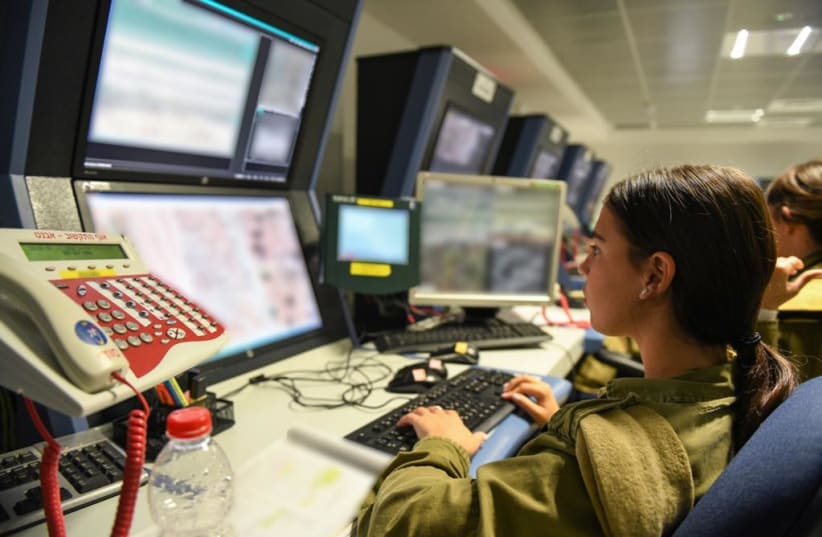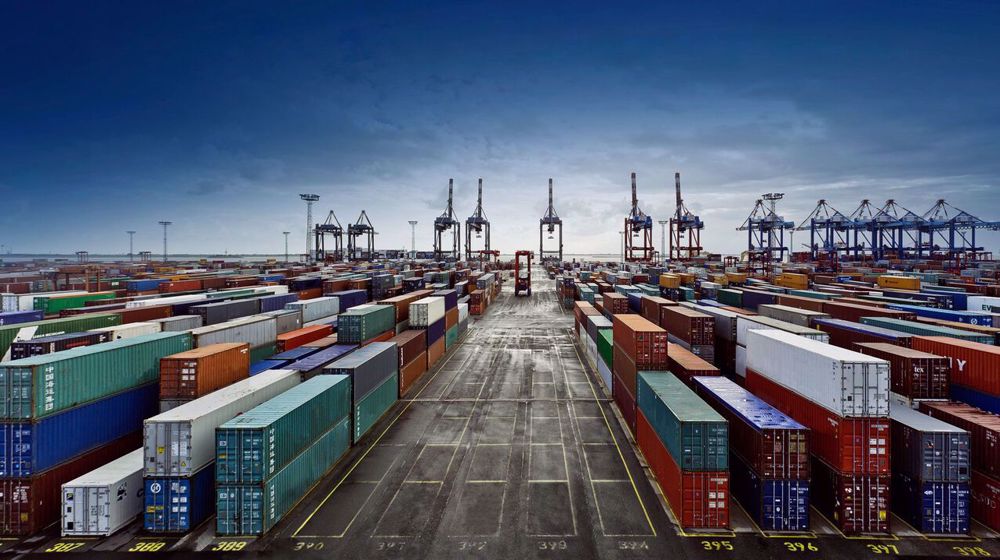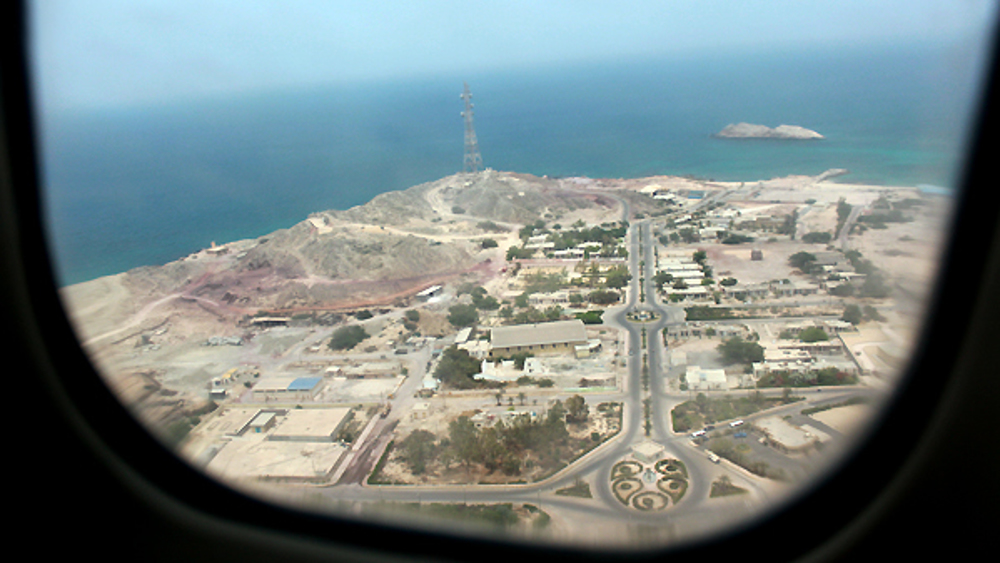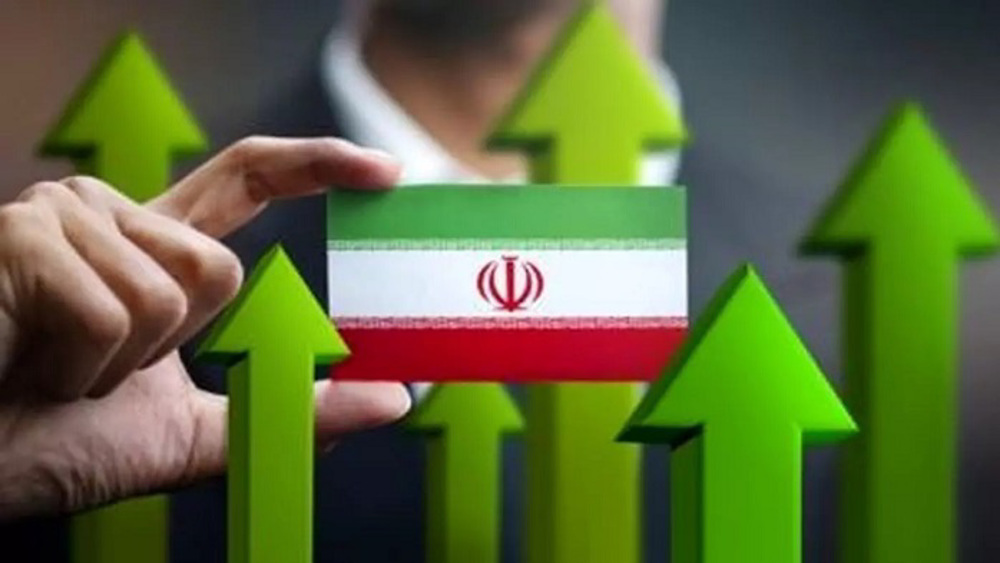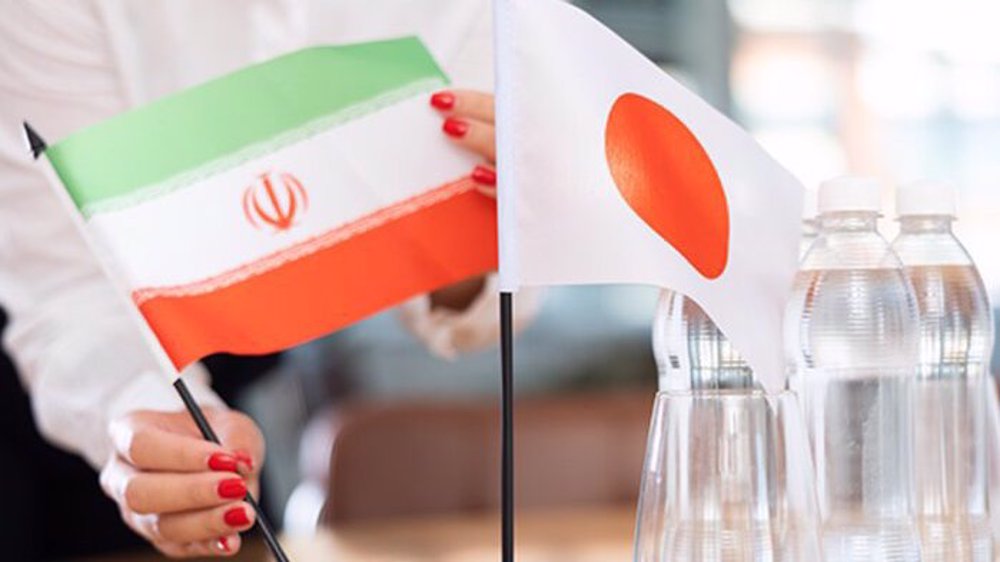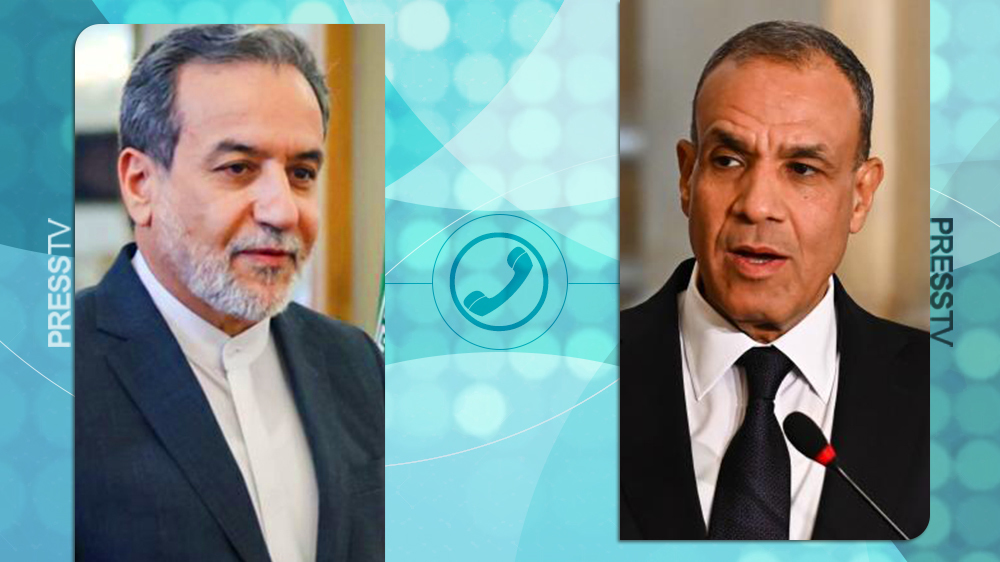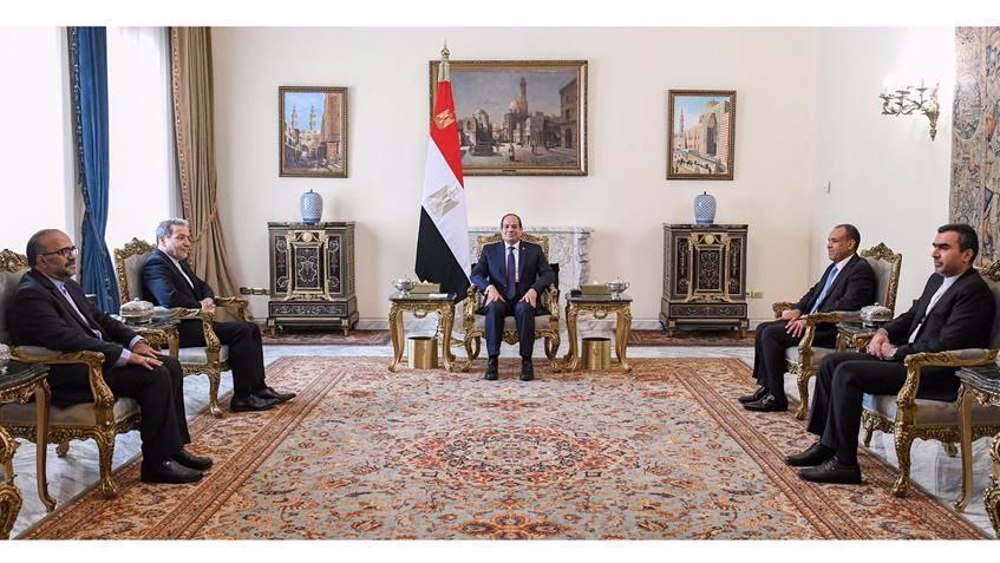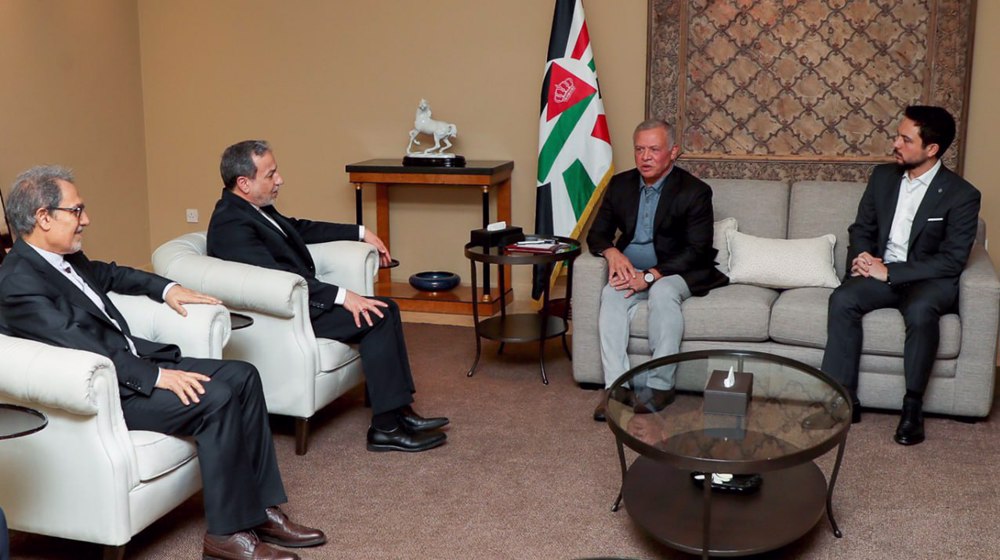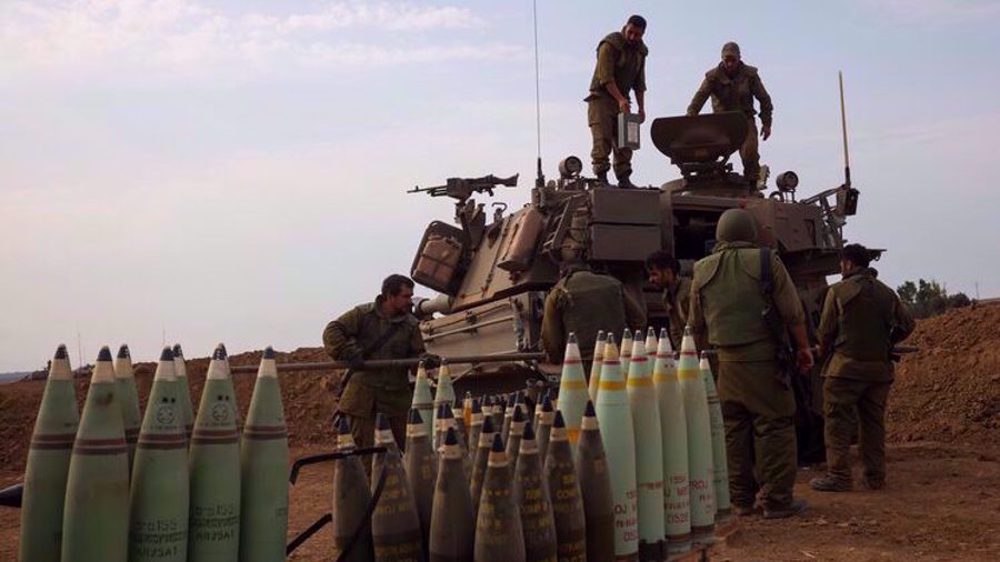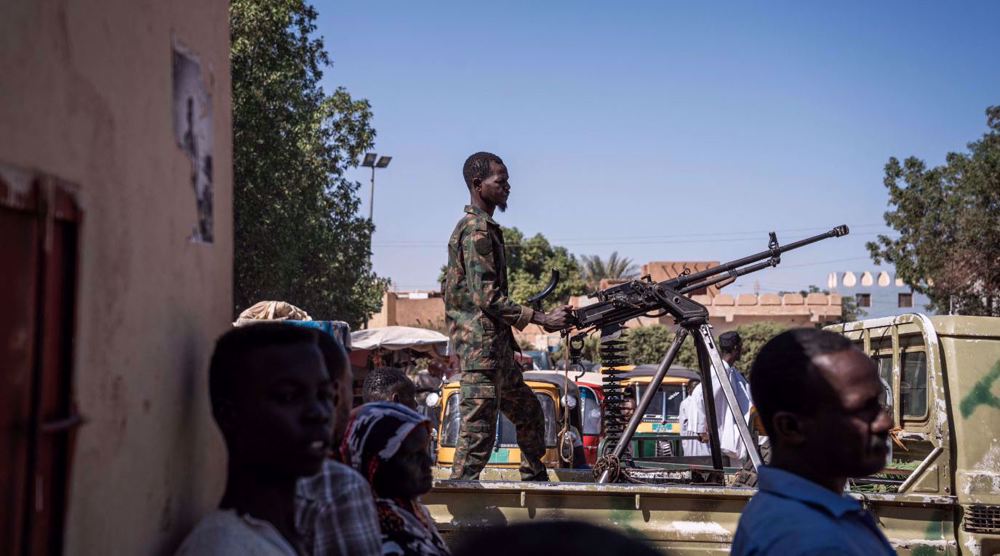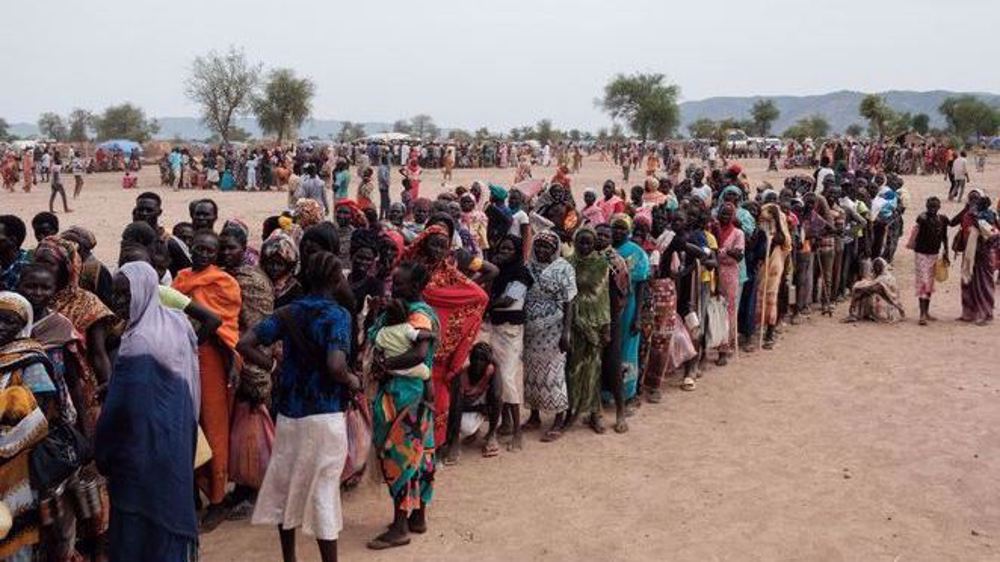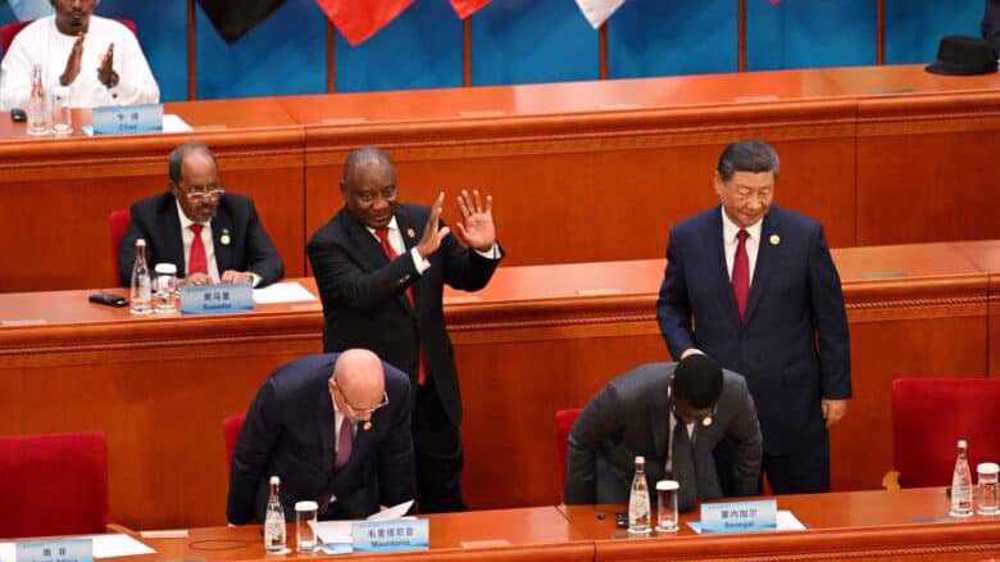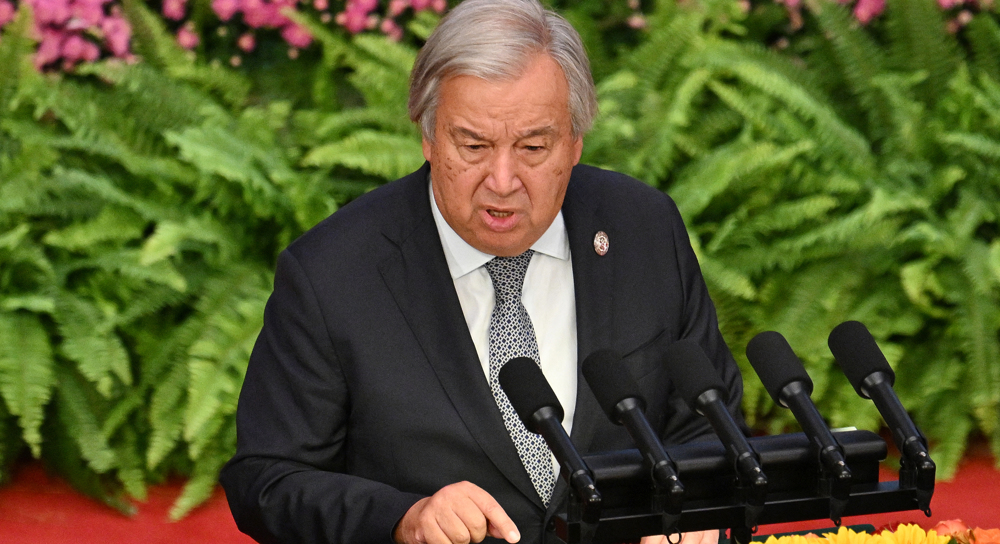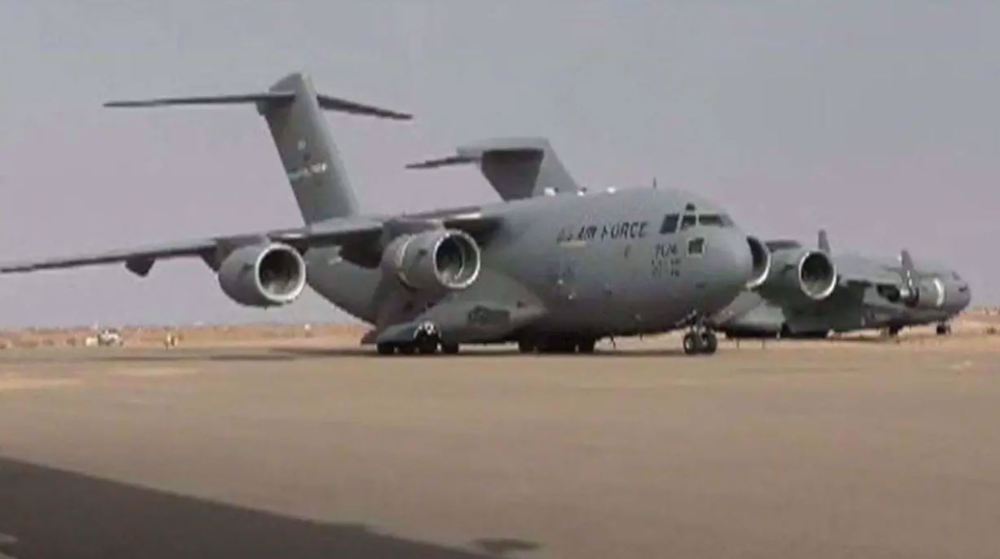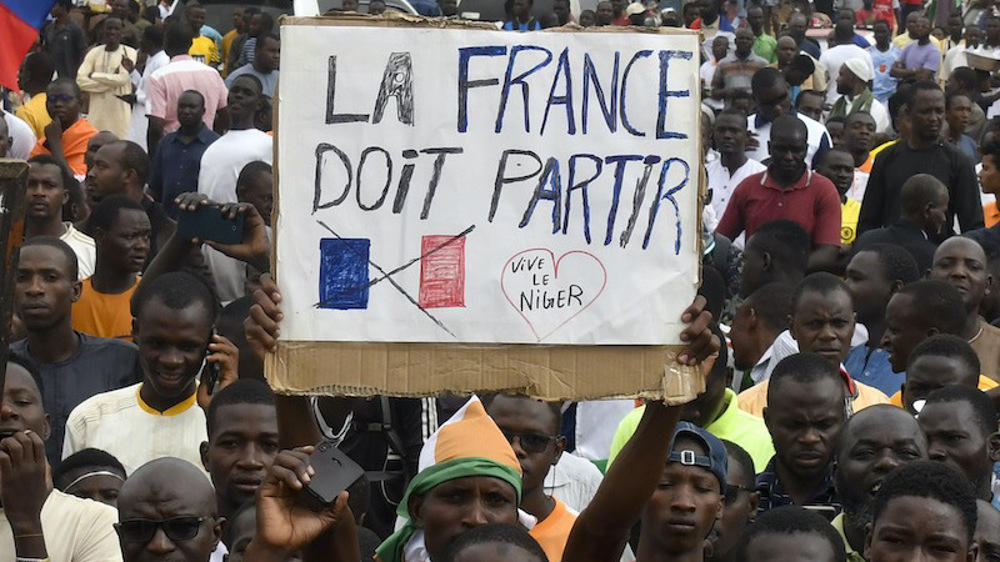Why take your productive years and do absolutely nothing? Work isn’t a curse word, it’s something that should be encouraged. Sitting around and being unproductive is athe problem.
Retirement kills more people than hard work ever did.
– Malcolm Forbes
In the week that we read about Sodom and Gomorrah being destroyed by fire, one of the hotter topics in the personal finance community regards the merits of the FIRE movement.
What is FIRE? FIRE (“Financial Independence, Retire Early)” is a lifestyle, also referred to as a movement, aimed at reducing expenditures and increasing investing in order to quickly gain financial independence and the possibility of retirement at an early age. Much of what FIRE adherents believe in are concepts that I have written about hundreds of times. Living within your means, saving, and investing are concepts that I preach and are theits foundations of FIRE.
Stories of twenty- or thirty-somethings deciding to exit the workforce as soon as possible can be found all over the internet. LivingBut living a life of uber-frugality, saving and investing as much as 70% of one’s income all to live a life of leisure at a very young age is something that bothers me.
I have written previously about an article Steven Kurutz wrote in The New York Times by Steven Kurutz about the movement. He tells the story of Jason Long, who retired at 38. He was a pharmacist making decent money. He complained that he was working 12-hour shifts, and it was so busy he had no time to eat or go to the bathroom. He decided to become gung-ho and really cut back on spending and invested. After achieving the amount of money, he felt would be necessary to retire, he did.
 |
| LOCAL EMPLOYMENT bureau: Network, network, network. (credit: FLASH90) |
Kurutz writes, “Mr. Long acknowledged it was possible that he’d simply burned out, that all of this FIRE stuff was just a needed break until he found a more satisfying career. ,” Kurutz wrote.
“When he was recently offered a job back in the pharmaceutical field, it induced a mild panic attack. That morning, he’d woken up on his own, “not when an alarm clock told me that I had a responsibility.” He’d read the news online for 30 minutes, went on a seven-mile run, took a nap and “watched the ceiling fan spin around for a little bit.” He had been watching movies from They Shoot Pictures, Don’t They? a website that ranks what it calls the 1,000 greatest films. He’d watched 600 or so. He had work to do.”
Focusing on the numbers
DISCUSSING THE downside of the movement, James Conole of Root Financial writes, “The problem with the FIRE movement lies in its obsession with numerical goals. Many individuals pursuing FIRE become so fixated on achieving specific financial milestones that they neglect other crucial aspects of life. This singular focus often leads to emptiness and dissatisfaction, even before they reach their retirement targets.”
Conole continues, “Consider the story of Carl and Mindy, a couple who retired in their early forties with a net worth of over four million dollars. They lived frugally, invested wisely, and acquired real estate and other assets. On the surface, their financial success appeared impressive.
“However, when they recounted their journey, it became apparent that their wealth had come at a significant cost. ,” he wrote. “They remembered a breakfast outing with their daughter, where she ordered a meal costing twenty dollars. Despite their multimillion-dollar net worth, they couldn’t enjoy spending money they had worked so hard to save.
“This inability to savor life’s simple pleasures highlighted the pitfalls of an extreme fixation on financial goals. Carl’s revelation was profound – external wealth could not bring him true happiness. Happiness, he realized, comes from within, not from achieving a numerical milestone on a spreadsheet. Money should serve our goals, not the other way around. Unfortunately, many within the FIRE movement have unknowingly fallen into the trap of prioritizing money over what truly matters in life.”
Is that what we were put on the earth for? To sit around watching movies? Why take your productive years and do absolutely nothing? There needs to be more to life than that. Work isn’t a curse word, it’s something that should be encouraged. Sitting around and being unproductive is athe problem.
WHILE I subscribe to some of their principles, i.e. budgeting, saving etc., I also believe that there is nothing wrong with enjoying life. To spend 15 years being miserable in order to retire seems counter-productive.
While there are many social media groups here in Israel that encourage and support the movement, I doubt that it will gain significant steam in Israelhere. It’s not the nature of Israelis to just quit life and play shuffleboard. Being productive and trying to help out society is in our blood. In many ways, the FIRE movement is an “I” movement. It smells of selfishness. I am not at all opposed to making a lot of money and living within your means, I just think it needs to be done in moderation, while still being able to enjoy life, and most importantly, being a productive member of society.
The information contained in this article reflects the opinion of the author and not necessarily the opinion of Portfolio Resources Group, Inc. or its affiliates.



